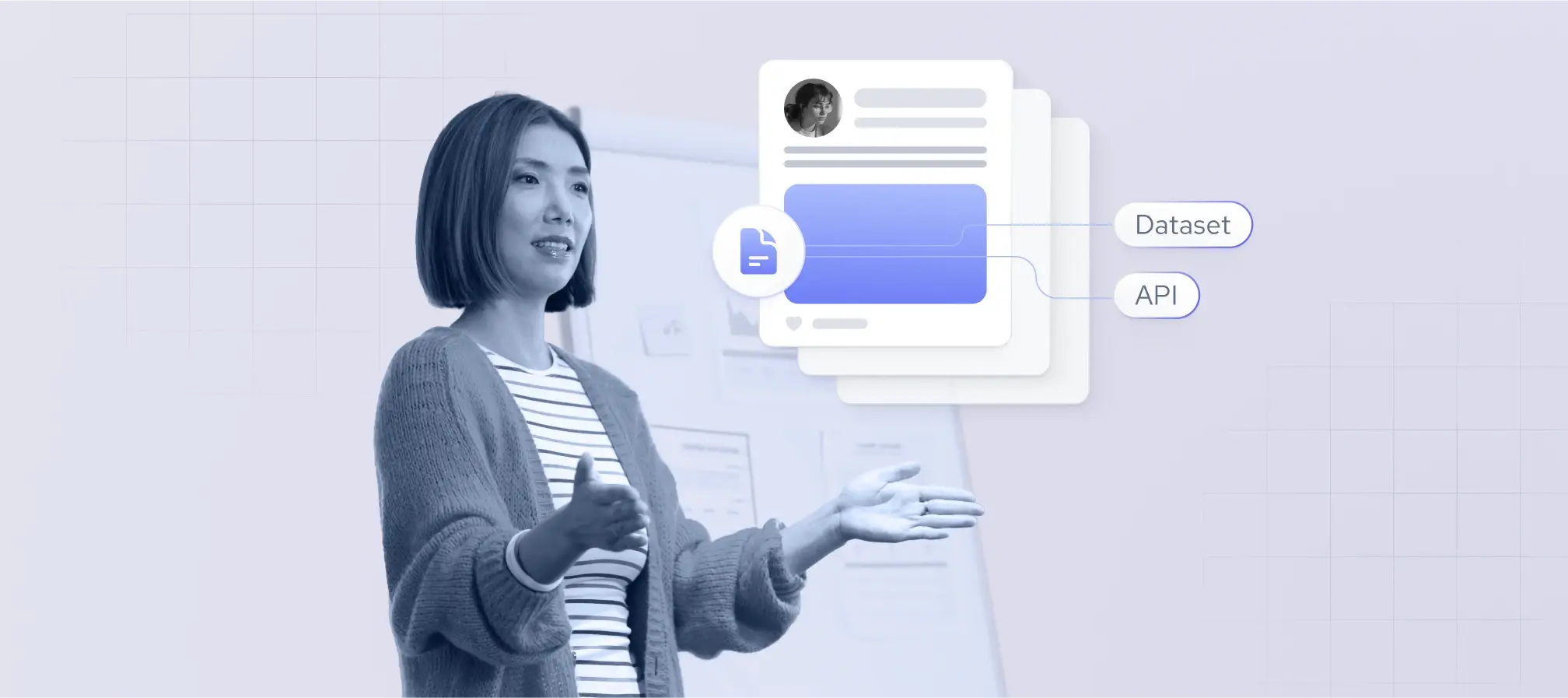If you're building a lead list, scouting new hires, or trying to better understand a target account for sales, knowing the people behind your target companies can give you a serious edge.
Employee data can unlock valuable insights, but accessing it isn’t always straightforward. If you're in recruiting, sales, or research, you’ve probably run into the same issue: the information you need exists somewhere online, but it’s scattered across platforms or outdated.
Here’s the catch: not all employee data is accessible, and not all of it is useful. That’s why it’s important to understand both what’s available and how to find it efficiently and ethically.
In this post, I’ll walk you through the most effective methods for company employee search, the best tools for the job, and a few tips to keep in mind when working with this kind of data.
So, how to find employee details of a company?
What do you need to know about sourcing employee information?
Finding up-to-date and accurate employee information can feel complex. Here’s why:
- Data changes constantly. People change jobs, get promoted, or leave companies. Not every platform reflects those changes in real time.
- Privacy regulations apply. Laws like GDPR and CCPA limit the kind of personal data that can be collected, stored, or shared, which is especially true to personal contact details.
- Sources vary in quality. Some platforms give you fresh, structured data; others leave you guessing with incomplete or outdated records.
- Manual lookups don’t scale. If you're looking up dozens (or hundreds) of contacts, doing it by hand just isn’t practical.
So while the internet is full of employee-related data, finding the right information at the right time and doing it responsibly requires some planning.
Luckily, you don’t need to dig through company websites, business directories, or outdated spreadsheets to get that insight anymore.
What kind of employee information can be sourced?
When sourced ethically and from publicly available records, you can access a vast amount of information about employees.
Here are some of the most common data fields companies look for:
- Full name
- Job title and role
- Company name
- Employment history
- Location (city or country)
- Skills and technologies
- Education
- Business contact details
Importantly, contact data like personal email addresses or phone numbers are typically not included in ethical datasets for compliance and privacy reasons. Employee data should only include business-related information.
The top sources for employee data
Different use cases demand different types of datasets: some require multi-source coverage, others need clean or raw freshly scraped employee data. Choosing the right source is essential for effective results.
Here is a list of sources and data providers that you could explore for your project:
- Public web data providers. Companies like Coresignal offer datasets built from public profiles across multiple platforms. Our datasets are cleaned, structured, and updated regularly, making them ideal for sourcing at scale.
- Professional networks. Platforms like LinkedIn are often the first stop for employee research. They're helpful for public-facing info like job titles and experience, but scraping or exporting that data is usually against terms of service.
- Company websites. Some businesses list key employees or teams on their “About” or “Team” pages, especially in tech and agency spaces. It's great for getting leadership names, but rarely comprehensive.
- Business directories. Sites like Crunchbase, AngelList, and Owler provide company-level data, and sometimes key employee information. Good for high-level insights, but often limited in depth.
- Social media. Depending on the role or industry, you might find professional info on Twitter, GitHub, or even Reddit, which would be particularly true for developers and thought leaders. That said, it’s hit-or-miss and hard to scale.
How to find employees of a company?
If you’re trying to identify who works at a specific company, there are a few options. Manual methods like browsing LinkedIn or a company’s website can work for small-scale lookups. But when you need to scale, those methods quickly become inefficient.
A better approach? Getting public web data from Coresignal.
Coresignal’s multi-source employee data includes over hundreds of millions of records sourced from multiple public platforms, allowing you to look up employee information by company name. The data is cleaned, structured, and updated regularly, so you get a more complete and current picture than most one-off lookups could ever provide.
Here are some of the valuable data that you could get while using this dataset:
How to find employee details
To go beyond just list of employees of a company, you’ll need structured data that provides a deeper view of each employee’s professional background.
With Coresignal’s employee dataset, you can access public details such as:
- Current and past job titles
- Work experience
- Skills
- Education
- Projected salary estimates
- Public recommendations
- Professional activity and updates
- Business email address
This level of insight is especially helpful for sales teams building target lists, recruiters screening candidates, or investors assessing team strength during due diligence.
How to find employees by job title
Looking for aerospace engineers in Colorado? Interested to connect with marketing managers at fast-growing SaaS companies? Building a custom list of company employees is worth your time. This is where filtering by job title becomes essential.
Coresignal’s employee dataset makes this easy. The data is searchable by job title and role, and since it's structured and normalized across sources, you can filter based on consistent titles, even when companies use slightly different naming conventions.
You can also combine filters, like job title + industry + location, to find exactly the people who match your criteria.
Try out the data using our self-service, and get back to me if you have any questions!

How to enrich an employee database with real-time data?
Already have a database of employees or leads, but missing key information? Enrichment helps you fill in the gaps. With Employee information API, you can instantly enrich those profiles with live, structured data, directly from your app, CRM, or internal tool.
By using Coresignal’s data, you can match existing profile URLs in your CRM with public records that add more depth, including job changes, new skills, updated locations, and more. This allows your team to work with fresh, complete data without needing to rebuild lists from scratch.
1Our Real-time API allows you to transform static URL lists into dynamic, actionable profiles by delivering real-time data on job titles, skills, companies, education, location, and more. Simply pass a profile URL into the API and receive enriched, up-to-date information in seconds. It’s ideal for building user-facing features, powering intelligent search and lookup tools, or qualifying prospects with greater precision.
Whether you’re sourcing talent, verifying employee info, enhancing AI models, or enriching lead lists, RTAPI gives you real-time access to high-quality, structured employee data:
- Fresh and accurate employee insights
- Designed for user-facing apps and real-time enrichment
- Structured, normalized data that’s ready for production use





